Contents
Guide

The author and publisher have provided this e-book to you for your personal use only. You may not make this e-book publicly available in any way. Copyright infringement is against the law. If you believe the copy of this e-book you are reading infringes on the authors copyright, please notify the publisher at: us.macmillanusa.com/piracy. VALZHYNA
KORAH TO WAYNE CHEN Praise the barbarians invading your sleep Their exploding horses hurting the snow The train station is a cemetery. Drunk with spirits, a man enters.
I fan gnats from my eyes to see into his face. Father! I shout and stumble. He does not budge. After thirteen years, neither snow nor train, only a few letters, and twice, from a cell, his hoarfrost accent crossed the Atlantic. His mask slips a moment as in childhood, pure departure, a gesture of smoke. Along freighted crowds the city punished, picking faces in the thick nest of mornings hard light that struck raw and stupid, searching, and in the dribble of night commuters, I have never found him, wandering the almond trees shadows, since a virus disheartened the palms blossoms and mother gave me the sheaves in her purse so he would remember her and then shaved her head to a nut.
I talk fast of her in one of my Cerberus voices, but he laughs, shaking the scales of froth on his coat. The stations cold cracks a hysterical congregation; his eyes flash little obelisks that chase the spirits out, and, without them, wavering, I see nothing like me. Stranger, father, cackling rat, who am I transfixed at the bottom of the station? Pure echo in the trains beam arriving on its cold nerve of iron. The rumour broke first in Duckenfield. Fitzy dropped the shutters of his rum shop. By the time it got to Dalvey there were three suicides.
The mechanic in Cheswick heard and gave his woman a fine trashing; but, to her credit, she nearly scratched his heart out his chest during the howl and leather smithing. The betting shops and the whorehouse Daylights at Golden Grove were empty; it was brutal to see the women with their hands at their jaws on the terrace; seeing them you know the rumour was not rumour, the rumour was gospel: the cane cutters did not get their salary. Better to crucify Christ again. Slaughter newborns, strike down the cattle, but to make a man not have money in his pocket on a payday Friday was abomination itself; worse cane cutters, who filed their spines against the sun, bringing down great walls of cane. Youd shudder to see them, barebacked men, bent kissing the earth, so to slash away the roots of the canes; every year the same men, different cane, and when different men, the same cane: the cane they cannot kill, living for this one day of respite when theyd straighten themselves to pillars and drop dollars on counters and act like Daylights is a suite at the Ritz and the devastating beauty queens with their gaulin fragile attention gave them forever to live in a tickle, the whetted canepiece, this one day, forgotten in a whores laugh. Suddenly these men filled Hampton Court square demanding the foremans head.
They were thirsty for blood and for rum. Fitzy stayed hidden in his shop behind the shutters. He heard one man say it was not the foremans head they should get, that would not be wise. The man continued: it must be fire for fire; the factory must be burnt down. But the men murmured. They were afraid.
Someone made a joke, they roared, and soon they were saying fire cant buy rum, they were roaring money, then rum, pounding Fitzys shutter, shouting his name for him to set them on fire. They grew hoarse against the shutters. The sun had taken all motion out of their voices. Fitzy could hear them through the zinc, like dogs about to die, cried-out children, that dry rustle you hear after the crop is torched and the wind bristles the ashes. No men were out there. Only a shirring noise.
That was when Fitzy opened the shutters. Their red eyes in charcoal suits looked up at him, and with an overseers scorn, he nodded them in. FOR J. MAXWELL, JOURNALIST Standing in this motorcade of rusting ideas, you sighed: non serviam. What for? If they can jail the sea, draw borders with their San San, Grand Lido and Hilton, what would they do to your cumulus head and the wobbling knots you go around on? Everything ripens in the road a mouth shines the mic, pomade-melting words, a dark-glassed savant imploding through his tight collar, words, words, yes! a flurry of bell beats; they hammer rings of pot covers and lift scarlet banners towards the sky; electric wires stretch three vicious scrawls into the day. You turn, old man, from the crowd, deep in its frenzied coal pot, visibly shaken when speakers command the trucks, and they rumble forward, legions, a spectral army, or animals, despoiled of reason.
You will not serve, not here, not even among the quiet asphodels. That red bicycle left in an alley near the Ponte Vecchio, I claim; I claim its elongated shadow, ship crested on stacked crates; I claim the sour-mouth Arno and the stone arch bending sunlight on vanished medieval fairs; but mostly I claim this two-wheel chariot vetching on the wall, its sickle fenders reaping dust and pollen off the heat-congested city coiled to a halt in traffic. And I, without enough for the great museums, am struck by the red on the weathered brick, new tyres on cobble, the bronze tulip bellsmaller than Venuss nose turned up against the river, completely itself for itself. The scar in my palm throbs, recalling a tiny stone once stuck there after I fell off the districts iron mule, welded by the local artisan, Barrel Mouthno relation of Botticellithe summer of my first long pants. The doctors scissors probing my flesh didnt hurt, nor the lifeline bust open when the stone was plucked out; what I wailed for that afternoon was the anger in mothers face when she found out I had disobeyed her simple wish to remain indoors until she returned from kneeling in the harvested cane, tearing out the charred roots from the earth after cane cutters had slashed the burnt field. It was her first day, and her last, bowing so low to pull enough for my school fee; for, again, the promised money didnt fall from my fathers cold heaven in England.
As we walked to the clinic on a rabble of hogplums, her mouth trembled in her soot frock, my palm reddened in her grip, plum scent taking us through the lane. By the time we saw the hospitals rusty gate, her fist was stained to my fingers curl, and when I unfastened my eyes from the ground to her face, gazing ahead, terribly calm in the hail of sunlight, a yellow shawl around her head, something of shame became clear, and if I had more sense as my blood darkened to sorrel at the age of twelve or thirteen, I would have forgotten the sting and wreathed tighter my hold before letting her go. And now, as I raise my camera, bells charge the pigeon sky braced by the Duomo, a shell fallen from the sun. I kneel, snap the cycle, rise, hurry away. All the dead eyes of the dead on portraits behind her looked down as she ate donuts off a cloth napkin, her mouth sugared. I saw myself possessed by myself in her glasses milky lens that possessed the globe on her desk, a Quaker gift the former principal, dead but not yet a portrait, left with Africa spun towards us.
She swallowed, then asked why was I here. I told her, for intimations. She stopped mid-chew, surplice of sugar danced at the down curl of her lips. She said Excuse me. I continued: for immortality. She looked with cow-out-of-pasture concern, the others eyes scalded through me, the clock fell silent though the second hand wheeled around the white face.



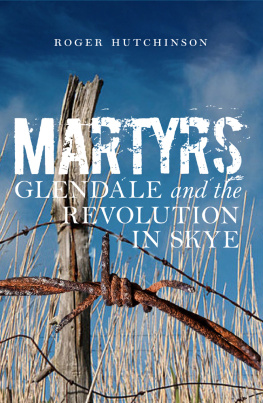

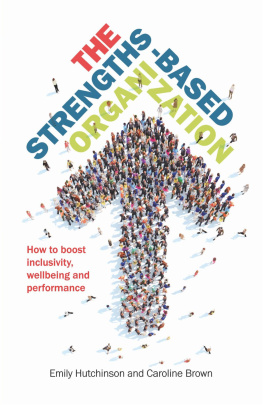
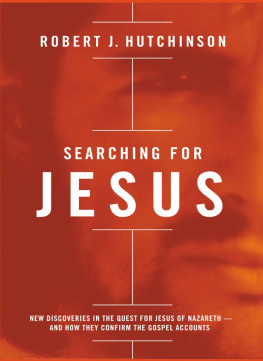

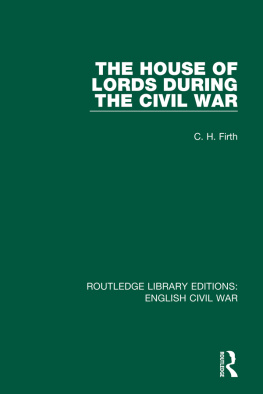
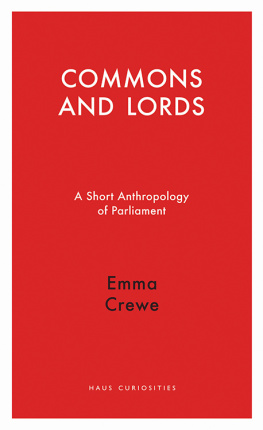
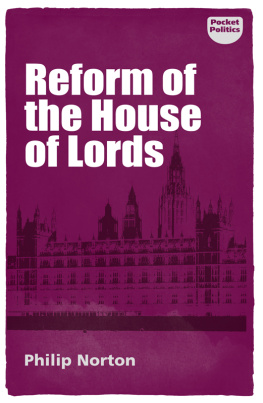
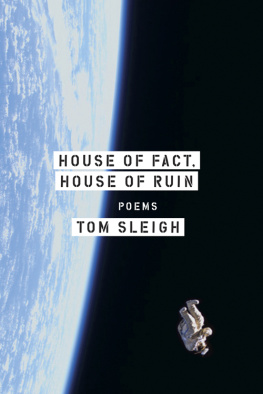
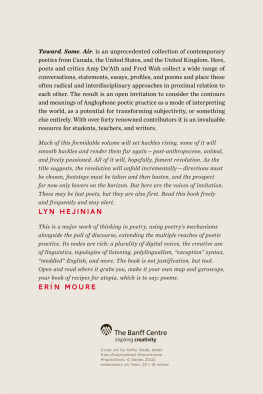
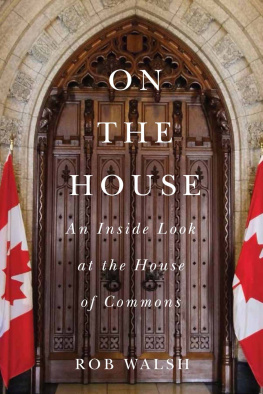
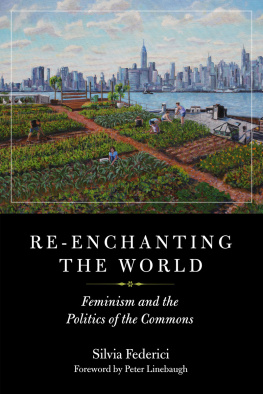
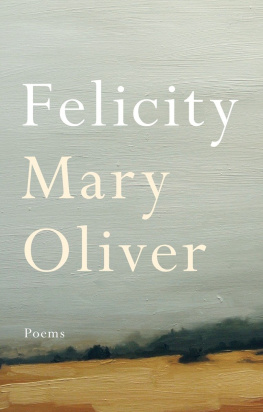
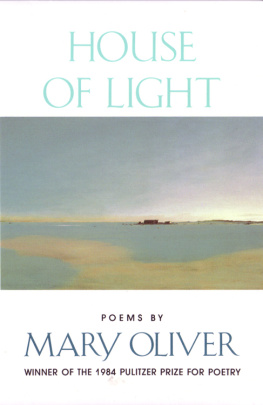
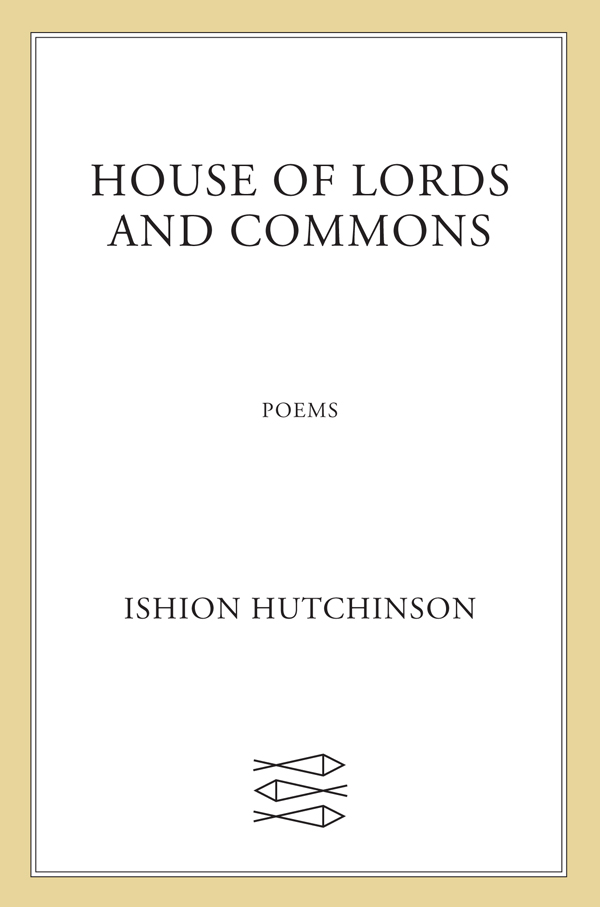
 The author and publisher have provided this e-book to you for your personal use only. You may not make this e-book publicly available in any way. Copyright infringement is against the law. If you believe the copy of this e-book you are reading infringes on the authors copyright, please notify the publisher at: us.macmillanusa.com/piracy. VALZHYNA
The author and publisher have provided this e-book to you for your personal use only. You may not make this e-book publicly available in any way. Copyright infringement is against the law. If you believe the copy of this e-book you are reading infringes on the authors copyright, please notify the publisher at: us.macmillanusa.com/piracy. VALZHYNA